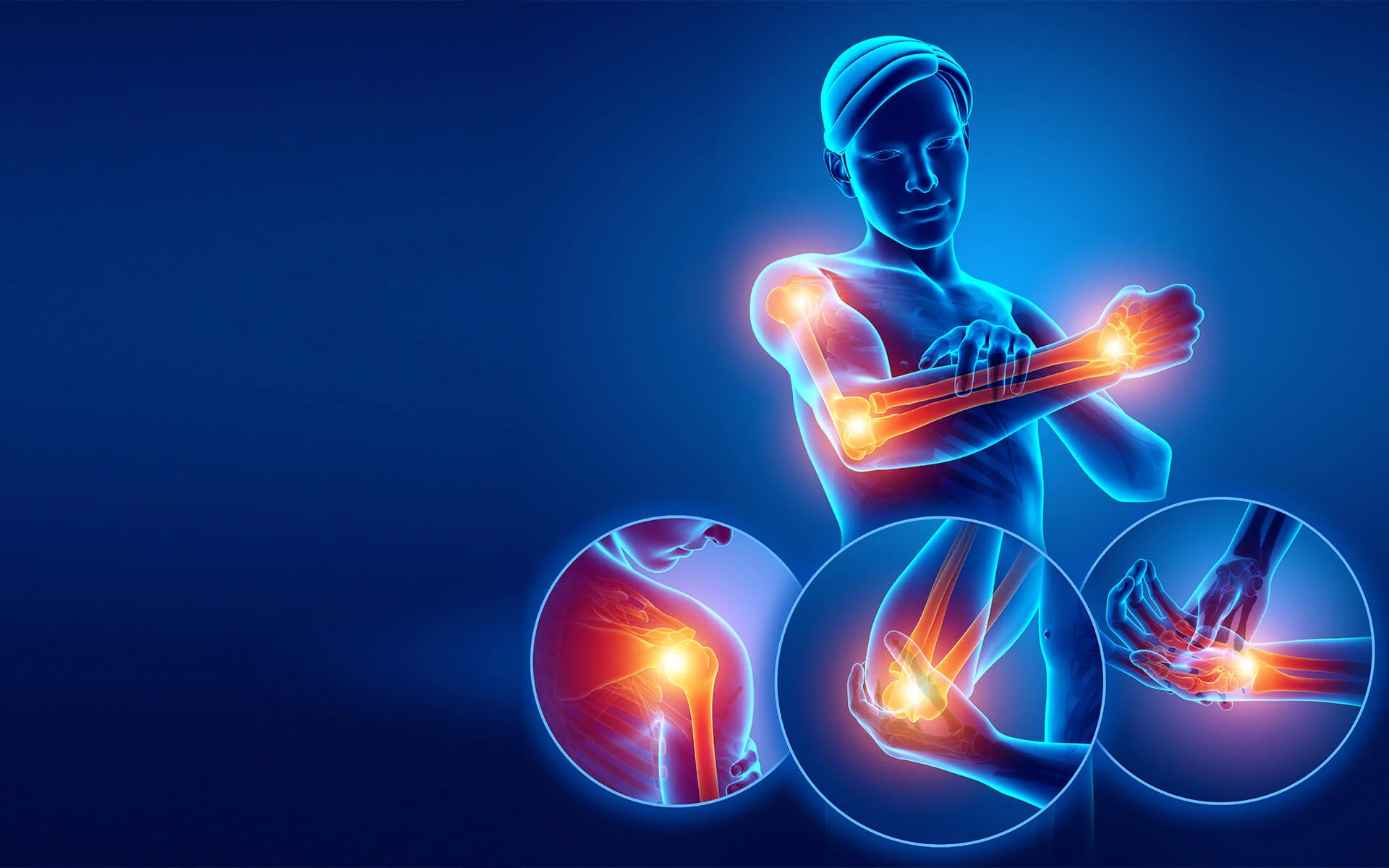- DEPARTMENT
- MEDICAL ONCOLOGY
- SURGICAL ONCOLOGY
- NEPHROLOGY
- UROLOGY
- MEDICAL GASTROENTEROLOGY
- SURGICAL GASTROENTEROLOGY
- NEUROLOGY
- NEURO SURGERY
- PEDIATRIC SURGERY
- PLASTIC SURGERY
- CARDIOLOGY
- GENERAL SURGERY
- ORTHOPEDICS
- OBSTETRICS & GYNECOLOGY
- GENERAL MEDICINE
- PEDIATRICS
- PULMONOLOGY
- DERMATOLOGY
- ENT
- MAXILLOFACIAL SURGEON
- DENTAL SCIENCES
- ANAESTHESIA & CRITICAL CARE
- EMERGENCY MEDICINE & TRAUMA
- PAIN MANAGEMENT
- PATHOLOGY
- PHYSIOTHERAPY
PAIN MANAGEMENT

Dr. Velimala Swaroopa
MD.ANAESTHESIA, CRITICAL CARE MEDICINE
Pain management in a healthcare or hospital setting is a multidisciplinary approach designed to alleviate or manage acute or chronic pain for patients. It is crucial in enhancing patient comfort, promoting recovery, and improving overall quality of life. Here’s an overview of pain management in the context of hospitals:
Assessment and Diagnosis
- Initial Evaluation: Pain management begins with a thorough evaluation of the patient’s pain, including its intensity, location, duration, and type (e.g., sharp, dull, burning).
- Pain Scales: Hospitals often use visual analog scales (VAS), numerical rating scales (NRS), or verbal rating scales (VRS) to measure pain intensity.
- Multidisciplinary Diagnosis: Physicians, nurses, physical therapists, and pain specialists often work together to diagnose the cause of pain, be it from injury, surgery, or underlying conditions.
Types of Pain
- Acute Pain: Often the result of surgery, injury, or medical procedures; typically resolves as healing progresses.
- Chronic Pain: Long-lasting and may persist even after the underlying cause has healed, often associated with conditions like arthritis or nerve damage.
- Cancer Pain: Resulting from tumors, surgery, chemotherapy, or radiation.
- Postoperative Pain: Common after surgeries; hospitals prioritize effective management to ensure faster recovery.
Pain Management Approaches
Pain management strategies in hospitals include pharmacological and non-pharmacological interventions:
Pharmacological Methods:
- Analgesics:
- Non-opioid analgesics (e.g., acetaminophen, NSAIDs like ibuprofen) for mild to moderate pain.
- Opioid analgesics (e.g., morphine, fentanyl) for moderate to severe pain, used cautiously due to risks of dependency.
- Local Anesthetics: Numbing agents used during surgeries or to treat localized pain (e.g., lidocaine).
- Adjuvant Medications: Drugs like antidepressants, anticonvulsants, or corticosteroids that help manage specific types of pain (e.g., nerve pain).
- Patient-Controlled Analgesia (PCA): Allows patients to self-administer pain medication within safe limits via an intravenous pump.
Non-Pharmacological Methods:
- Physical Therapy: Exercises and treatments like heat or cold therapy to relieve pain and improve mobility.
- Cognitive Behavioral Therapy (CBT): Addresses the psychological component of chronic pain, teaching patients to manage their pain perception.
- Acupuncture and Massage Therapy: Alternative therapies sometimes offered to help with pain management.
- TENS (Transcutaneous Electrical Nerve Stimulation): A technique that uses electrical stimulation to reduce pain signals.
Interventional Procedures
Hospitals may offer interventional pain management techniques, especially for chronic or severe pain:
- Nerve Blocks: Injection of anesthetic near a specific nerve or group of nerves to block pain signals.
- Epidural Steroid Injections: Often used for back pain, especially in patients with herniated discs or spinal stenosis.
- Radiofrequency Ablation: Uses heat to target and destroy nerves transmitting pain signals.
- Surgical Options: In cases of severe pain, surgery might be necessary to relieve the underlying cause.
